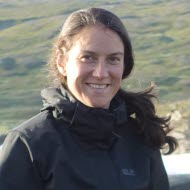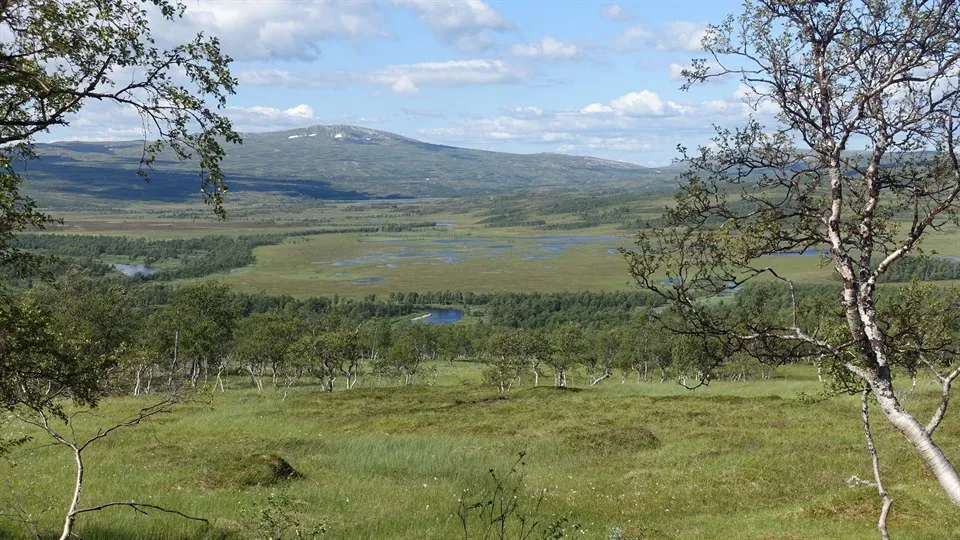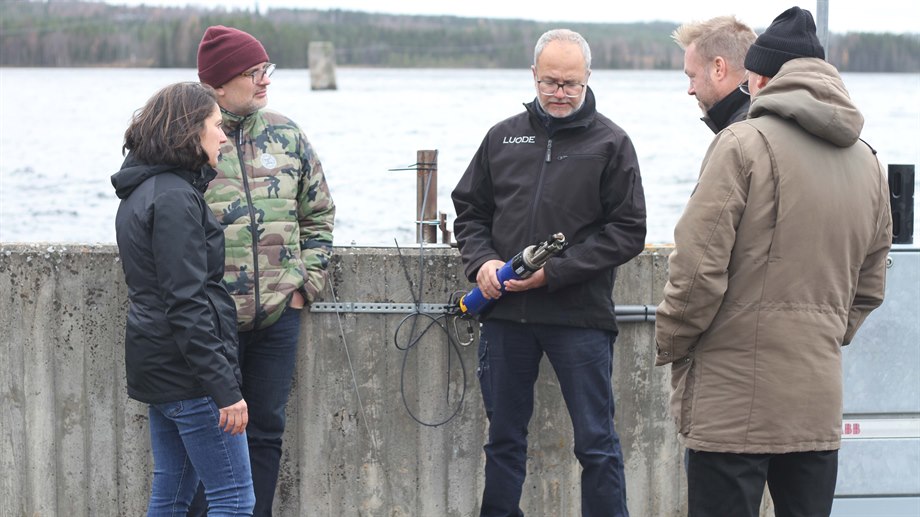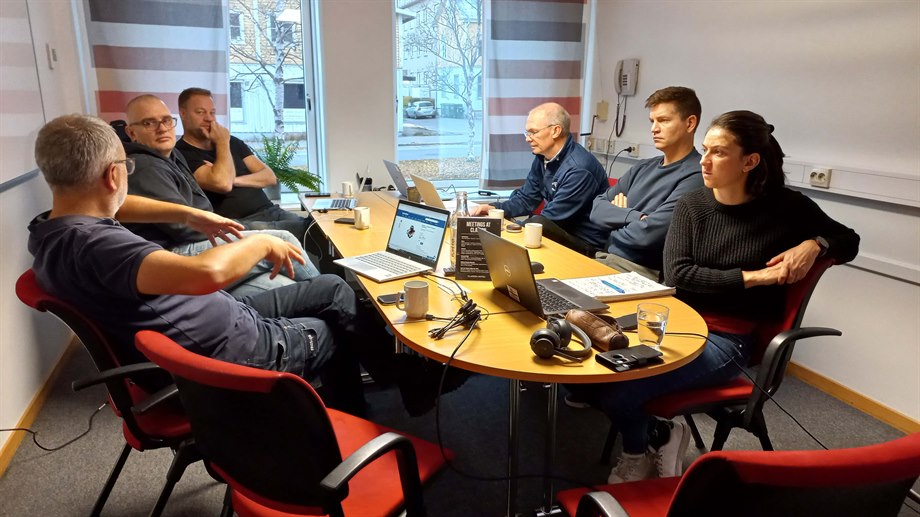av
Airborne monitoring of water quality in remote regions (AMORE)
The project aims to develop airborne monitoring of water quality in the mountains. Large distances and few roads make it difficult and costly with conventional methods. We want to develop tomorrow's environmental monitoring using drones so that Sweden can do better at protecting its mountain waters.
IPCC points out alpine regions worldwide as climate change hotspots (IPCC, 2018: Global Warming of 1.5°C). Expanding and diversifying summer tourism in Northern Scandinavian mountains exerts additional severe pressure to these pristine and sensitive ecosystems. Therefore, there is an urgent need for improved monitoring of water quality in such areas to be able to protect the ecosystem as well as the rights of indigenous people, human and animal health and to provide support for water management decision.
In this project, AMORE, we will explore the use of UAV:s to establish water quality monitoring programmes in remote regions such as mountain areas of Northern Sweden. In our current research ECWA-NOR (miun.se) we have demonstrated that under certain circumstances water chemical parameters such as color and CODMn can serve as proxy for the fecal indicator organism E. coli. In AMORE, we will further investigate if such correlations can be used to establish early warning systems for outbreak of fecal pollution by remote, air-based monitoring of physicochemical water properties. In order to answer the research questions we have divided the project into four work packages (WP1-WP4), where each WP will target a specific question.
In WP1, we will carry out in-field tests of various multi-spectral cameras carried by the drone. Current research indicates that remote measurements of water quality by drones is possible but also that the accurate determination of color, dissolved organic matter and total suspended solids can be a challenge. We particularly want to investigate the options and challenges associated by monitoring of clear and oligotrophic river waters. To the best of our knowledge, there are very few previous attempts to monitor water quality in mountain waters by such remote monitoring. In addition, we will assess the possibility of using drones for water sampling.
In WP2, we will combine drone-based remote monitoring with simultaneous chemical and microbial measurements in the river under a sufficiently long period to enable us to capture the dynamics of both water chemistry and microbiology under varying flow situations such as high flow, low flow and transient (raising and decreasing) flows.
In WP3, we will do a validation of the air-based measurements by extensive and simultaneous air and waterside measurements of water chemistry and physics as well as frequent bacterial sampling. The validation will provide important information regarding both validity and reliability of drone-based prognoses for outbreak of fecal indicator organisms in the river water.
In WP4, we will try out on-site PCR technology to explore the possibilities of an in-field method for E. coli quantification that potentially could replace the time-consuming lab analysis. The drone will be used to rapidly and at precise sampling spots capture water samples for the in-field PCR. This could be an alternative and/or complementary tool to be used in an early warning system for outbreak of pathogenic organisms.
Facts
Project period
220701—250630
Research groups
Project leader


Read more



